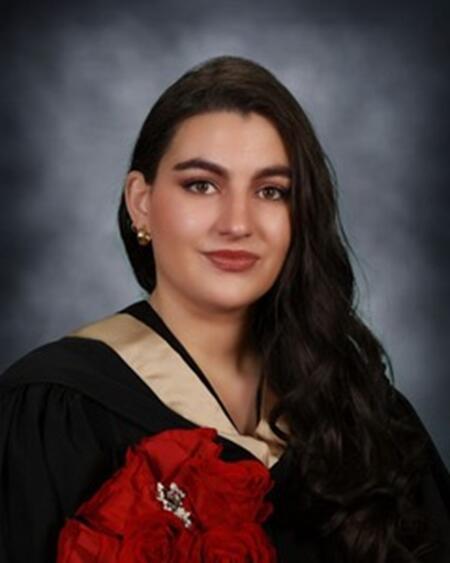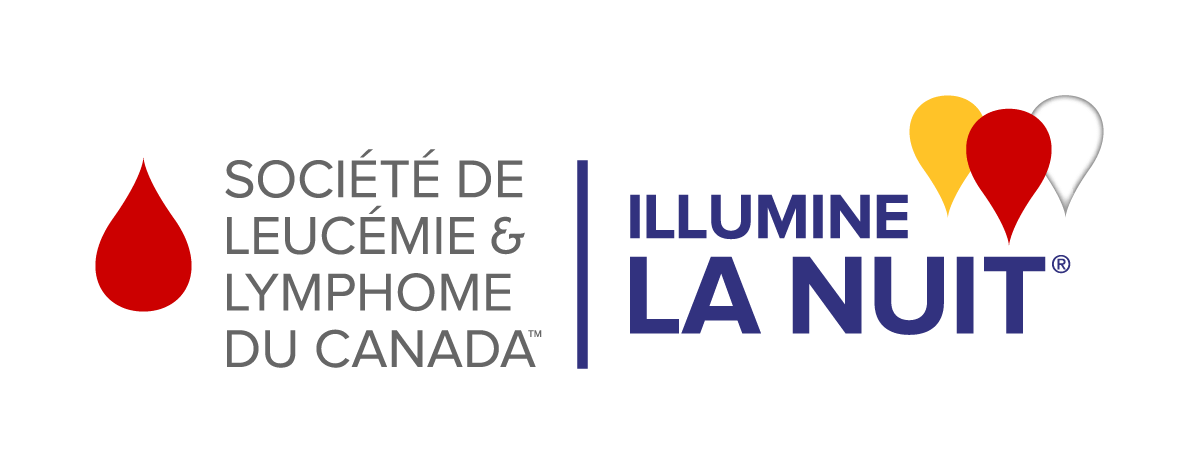
Vasiliki Salmas
At 23, I Was Diagnosed with Cancer—But I Refused to Let It Define Me
I was 23, fresh out of university and finally finding my footing after the uncertainty of COVID. I had just landed my dream job and felt like everything was falling into place. Then, just as my 90-day probation ended, I was diagnosed with Hodgkin’s Lymphoma.
My care team gently prepared me to step away from work, suggesting I go on medical leave and set up my mom as my caregiver. It was overwhelming. The life I had worked so hard to build felt like it was slipping away before it even started. But deep down, I knew I had to try to hold on to some sense of normalcy.
So I kept going. I stayed at my full-time job. I continued teaching students on Saturdays. I still went to the gym three times a week—not to prove I was strong, but to remind myself that I was still me.
I went through eight rounds of chemotherapy. At the halfway point, I received the best possible news: a complete response. I know not everyone gets that kind of outcome. Blood cancers impact people differently. But because of advancements in research and treatment—many supported by the Leukemia and Lymphoma Society of Canada—I was able to undergo outpatient care and continue living my life during treatment.
Hearing stories from survivors diagnosed 10 or 15 years ago makes it clear how far we’ve come. Some couldn’t work, were isolated in hospitals, and endured treatments that took everything out of them. My experience, while still incredibly hard, was different. I was able to stay connected to the people and things that gave me strength. That progress is no accident—it’s the result of years of advocacy, funding, and hope.
At 23, cancer was the last thing I expected. But what I hope people take from my story isn’t the diagnosis—it’s the resilience, the progress, and the possibility we now have for better outcomes. Cancer didn’t stop my life. It changed it. And I’m grateful I had the chance to fight—and win.
